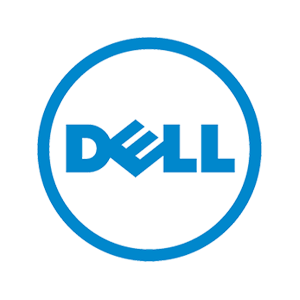 After years of hype, e-books may yet be the next big thing. Even with decent handsets (like the Sony's Reader, pictured) and stabler standards, however, it's a technology tainted by a history of aggressive DRM. Of all the things you'd expect to have gone mobile by now, the humble book still lags behind news, magazines, music and video. If digital takeup is any guide to health, literature is the sick man of media.
After years of hype, e-books may yet be the next big thing. Even with decent handsets (like the Sony's Reader, pictured) and stabler standards, however, it's a technology tainted by a history of aggressive DRM. Of all the things you'd expect to have gone mobile by now, the humble book still lags behind news, magazines, music and video. If digital takeup is any guide to health, literature is the sick man of media.
The why of that has many faces, but DRM plays its part. Taking a historically commonplace form of expression, freely portable in its traditional format, and turning it into an ephemeral, hardware-specific, proprietary service? Well, it must have been an interesting job ad: *"Hand-wringing villains required for commercial appropriation of timeless cultural institutions: apply within."
*
Book publishers, scared of the ease of cut, paste, send, demanded it. Understandable. But few customers wanted locked-down devices, or bizarre file formats that offered nothing over plain text, Word documents or Adobe's PDF. Here's reader Geof Glass, whose initial enthusiasm, about a service that "sold" out-of-print books, evaporated when he found out the conditions:
Ebook user Daniel P. Smith reported at length the disaster that befell him when his e-book reader met its maker.
The company that sold him the e-books simply went out of business. Dead e-book systems burning down with your entire library locked inside? Do Not Want.
The digital millenium copyright act (DMCA) prohibits circumventing copy protection, even if the material so protected is public domain or otherwise free. It's potentially illegal to copy the DRM'd text of the King James Bible, Macbeth, or the Declaration of Independence, for example, if doing so requires you to crack that DRM. And sometimes, the intricacy of that DRM is startling.
Microsoft's system, for example, had a 5-level hierarchy of DRM systems, which resembled an intensity scale for natural disasters or the diagnostic criteria for degrees of mental illness. Their related patents make ex cathedra moral pronouncements, implying that e-book DRM is necessary to protect the existence of literature and describing the copying of text as "stealing."
Hit Control-C, go directly to jail?
Last year, StarForce, purveyors of a game DRM system so invasive that many claim it damaged their computers (this loathsome company also publicly linked to an illegal download of a game made by a publisher that does not use DRM) got in on this game, turning the humble PDF file into a system involving money transfers to Russia, CD-Key-style serial numbers, something called an "automatic upload master," and God knows what else. Compare this to "Buy book, open to page 1."
E-books are growing, thanks to the improving simplicity and mobility of acquired content. With the masters of digital music finally relenting and offering DRM-free tracks, it's time to kill e-book rights management once and for all: give us we want, in the file format we want, and you get our money. Once.
E-book fans — are you out there? Tell us your experiences, good and bad.

















